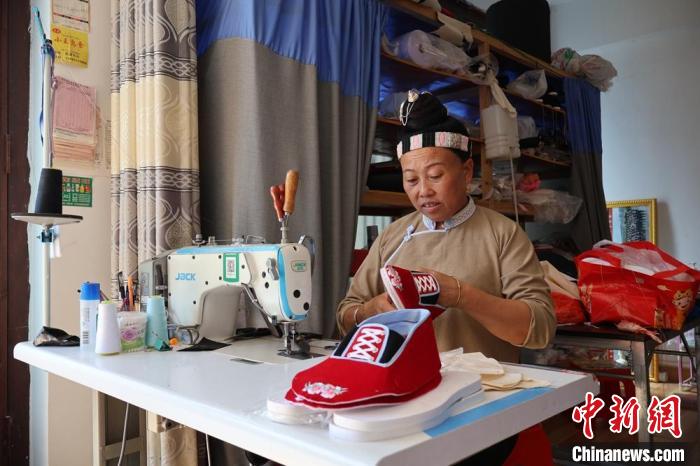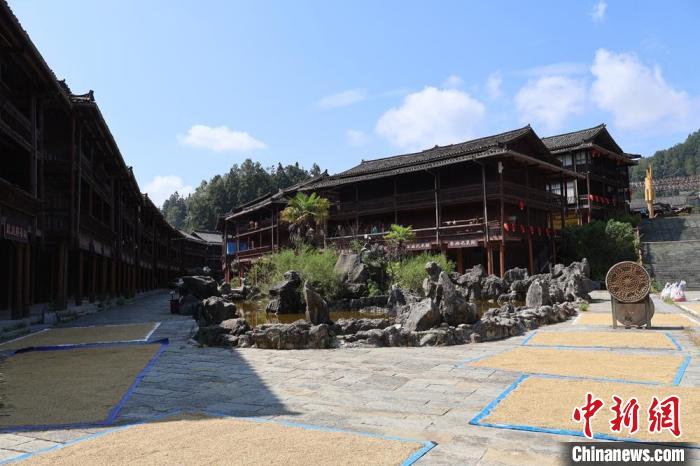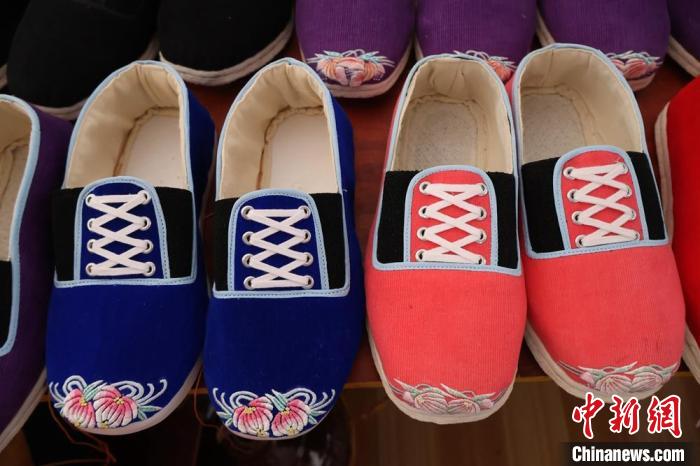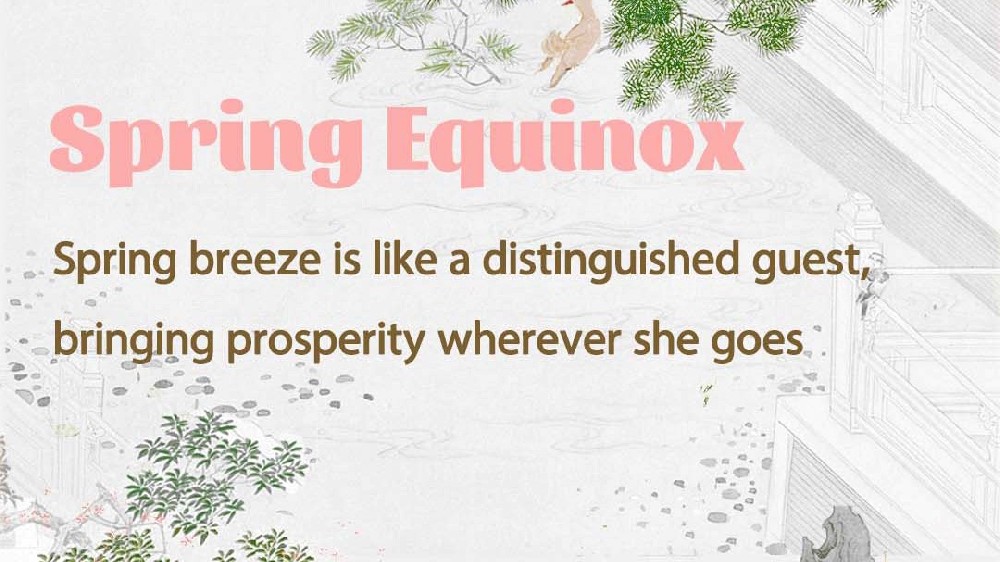Embroidery evolves into thriving business in SW China's Guizhou
"These handmade embroidered shoes are like pieces of art. I must buy a pair to take home," said a tourist surnamed Chen from south China's Guangdong Province, when she was visiting Gaodong village, Pu'an township, Sandu Shui Autonomous County, southwest China's Guizhou Province during the eight-day Mid-Autumn Festival and National Day holiday.
Wei Jinhua, a woman of the Shui ethnic group in Gaodong village, didn't expect that the handcraft she inherited from her mother, which she used to make embroidered shoes with fabric soles and embroidered uppers, would be regarded as "luxury items" by tourists.
Handmade with exquisite craftsmanship, embroidered shoes are favored by both tourists and local residents alike.
Gaodong village, where Wei's shoe shop is located, is a characteristic ethnic village with a predominant Miao population and a mix of various other ethnic groups, boasting a rich and unique ethnic culture.

Wei said that aside from income from farming, she can earn more than 3,000 yuan ($410) per month by making embroidered shoes.
Before 2008, Wei worked as a migrant worker in east China's Zhejiang Province. However, she eventually returned to her hometown and decided to revive her skill of making embroidered shoes.
Wei rented a store in the village where she began making and selling these traditional shoes. Her efforts not only allowed her to gain wealth but also created job opportunities for women in the village. Wei purchases a pair of shoe soles from the women for 180 yuan.

Initially, Wei faced low sales. To overcome this, she took videos showcasing the crafted embroidered shoes and shared them on popular social media platforms like Douyin and WeChat Moments.
As the videos gained popularity and were shared by users, Wei's products caught the attention of more viewers. This led to a surge in orders from people interested in purchasing her shoes.
Wei offers two types of embroidered shoes, priced at 360 yuan per pair and 160 yuan per pair, respectively. However, she expresses concern about her ability to meet the demand for cloth shoe soles.
Li Xianglan, a woman of the Miao ethnic group in the same village as Wei, runs a batik clothing store. Li said, "I have been learning batik from my mother since I was young. In Miao culture, girls must know how to do batik."
Li's batik clothing store sells finished garments for both men and women. An ordinary dress costs 800 yuan, while a shirt for men costs 1,000 yuan. The prices are determined by the difficulty of craftsmanship, time, and materials used.


